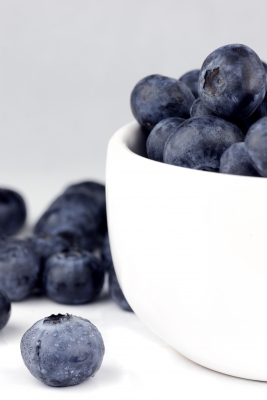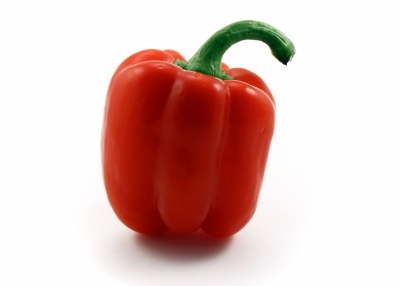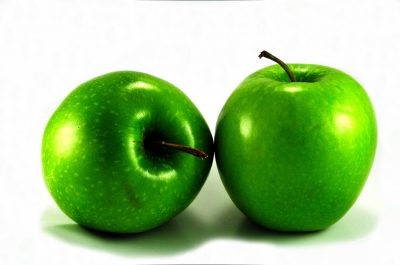Guest post submitted by:
The University of Texas MD Anderson Cancer Center
So you’ve committed to an exercise program! Good for you!
But did you know that you can boost your results and energy level with just a few simple changes in your diet?

Experts recommend fueling up within two to four hours of a workout. And it’s the fuels you use that determine how much your body benefits from your workout.
By eating the right foods before and after you exercise, you’ll give yourself the energy your body needs to keep going before, during and after each workout.
Even better: choosing these “power” foods can help keep your weight in check to curb your chances of cancer.
Fuel up, don’t fill up
Squeezing your workout in during the wee hours? Remember, even early bird exercisers need fuel. Keep it simple with a small banana, a slice of whole wheat toast or a small cup of protein-packed Greek yogurt 20 minutes prior to working out.
Breakfast eaters should choose complex carbohydrates like those found naturally in whole grains. Whole grains contain fiber, which may lower your chances of developing colorectal cancer. Plus, these cholesterol-lowering carbohydrates break down slowly to keep blood sugar levels steady.
A bowl of low-fat steel cut oatmeal with a sprinkle of cinnamon provides filling fiber while keeping energy levels constant. Top your oatmeal with fresh berries to fill up on cancer-fighting antioxidants.

Eat lean to be lean
Are you an afternoon exerciser? Be sure to add some muscle-building lean protein to your lunch. Eating lean proteins, such as fish, chicken and beans, helps prevent muscle loss during your workout. Filling up on protein forces your body to rely on its fat storages for energy.
Try a turkey breast sandwich on whole grain bread and an orange. Oranges are a great source of vitamin C, which helps produce carnatine, an amino acid that research suggests helps your body burn fat for energy. Studies also show that a diet rich in vitamin C may lower your chances of throat cancer.
Other power-packed sources of vitamin C are kiwi fruit, raw red and green bell peppers, and broccoli.



Keep it real: Choose apples over energy bars
It’s tempting to grab an energy drink or bar to save time. Instead, choose an apple smeared with a tablespoon of peanut butter or paired with a piece of string cheese. Whole foods provide a more nutrient dense, low-calorie choice, providing the energy you need minus the cost and preservatives.

Pump some iron into your meal
There’s no doubt pumping iron helps build muscle and strong bones well into your senior years. But eating iron-rich foods is important, too.
Not getting enough of this important mineral contributes to sluggishness, particularly in women. Instead of turning to higher fat red meats, like beef and pork, which may increase your chances of colorectal cancer, consider plant-based protein sources.
Snack on chickpea hummus with a serving of whole wheat pita chips. Add a spinach salad to your meal or a sprinkle of raisins to your oatmeal, yogurt or trail mix. You’ll be getting healthier lean protein, along with your daily dose of fiber and iron.
So before you work up a sweat, make a meal plan that will fuel your body and your health.
This article originally appeared on MD Anderson Cancer Center’s Focused on Health e-newsletter. To read the full newsletter, click here. To subscribe to future issues, click here.
—–
Your turn
We would love to hear from you. What power foods do eat to help fuel your workouts?
As always, thank you for your time.
—–

Great article,
I think some people underestimate the power of the foods you mentioned. Making the right choices is important and get help reach your goals, whether your an athlete, or just trying to lose a few pounds.
Danny Lupiani